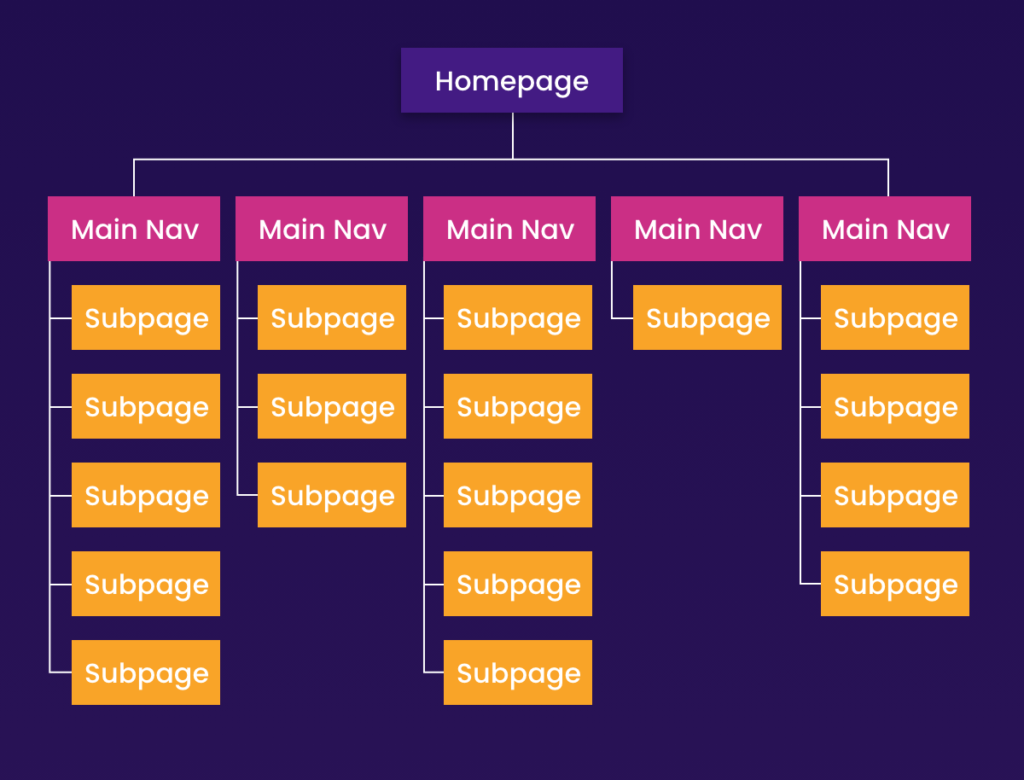Startup businesses have the odds stacked against them from the moment they begin operating. Not only do they have to overcome the same market forces as their competitors, but they need to compete with these established brands despite having far fewer resources. Search engine optimisation (SEO) is an essential consideration for any startup. Your website’s SEO score will determine where it ranks in the search engine results when consumers search for terms that are relevant to your business. This blog post aims to provide everything you need to know about SEO as a startup, so you can at least manage the basics on your own.
What is SEO?
Let’s start with the basics; what exactly is SEO? SEO is a term that encompasses a variety of practices and techniques that websites use to signal to search engines like Google that they have high-quality and authoritative content that is relevant to particular search terms. By optimising both the overall structure and design of a website and the individual pages and pieces of content that comprise it according to SEO best practices, startup businesses can ensure that their brand is featured as close to the top of search results pages as possible.
Of course, Google and other search engines often promote websites and businesses that pay for the privilege by placing links to their sites at the top of search results. However, these paid advert spots are not part of the SEO ecosystem. Instead, SEO targets organic traffic which is a natural feature of the internet. Rather than search engine providers selling high rankings in results pages to the highest bidders, they use SEO scores to assess the quality and reliability of a website as objectively as possible.
Can you really learn everything you need to know about SEO as a startup in one blog post?
One of the biggest obstacles for many startups to overcome once they encounter SEO is their initial perceptions of it. For newcomers, the whole world of SEO can seem hopelessly confusing and difficult to navigate. This is why so many businesses choose to hire outside agencies to manage their SEO for them. However, there is a whole range of simple best practices that are completely free for any startup to implement and will provide a solid foundation on which to build their online visibility.
Advanced SEO concepts, like how it ties into various forms of digital marketing, are always best left to someone who has prior experience with them. But, every business leader, no matter how large or small their company is, should try to at least understand what SEO is, how it affects their business, and how they can manage it as part of their daily operations.
Does this guide include everything you need to know about SEO as a startup with limited time or money to spend on a website?
Some of the most important metrics that search providers use when determining SEO scores include; how fast websites load, how many other reputable and popular websites link back to them, and how relevant the website’s content is for the search term in question. Ensuring that your business’s website is fast and responsive and contains content that offers genuine value to your audience will naturally lead other high-quality websites to link back to you. All of these factors affect your startup’s SEO, but most business leaders would strive for them even if they’d never heard of SEO.
Why is SEO so important?
If you don’t pay attention to your website’s SEO, it will be doomed to languish so far down the search results pages that very few people are likely to see it, let alone click it. Online visibility is vital for getting any startup brand in front of potential customers.
It’s all about Google
Technically, Google is not the only internet search engine available. However, when it comes to planning and overseeing your SEO, Google is effectively the only one that matters. Always prioritise Google and what it wants when you’re making decisions about SEO.
If your website isn’t indexed, it might as well not exist
Indexing is the process by which search engines maintain their directories of available websites. The process involves using ‘crawler’ bots that follow hyperlinks from one website to the next, gathering and sending back information as they go. To have a chance of appearing anywhere on search results pages, your website needs to have been indexed by Google.
The simplest way of checking whether a search engine knows you exist is to type the name of your startup or website into that search engine to see if you appear anywhere in the results.
If you can’t find your website through Google, that probably means one of the following:
– Your website isn’t connected to the wider internet.
– Your website is very new and Google’s crawlers haven’t found it yet.
– Issues with your website’s layout are preventing crawlers from gathering the data they need.
Use sitemaps to help search engines index you
Of all the free and simple measures startups can take to help maintain a healthy SEO score, maintaining a sitemap is one of the most important. Sitemaps enable crawlers to work more efficiently and easily see new changes and additions to your site. As your business and website grow, your sitemap will play a vital part in ensuring any changes or new pages are reflected in Google’s index as soon as possible after they’re published.

For best results, avoid website-building platforms
Making a website has never been easier. Anyone, regardless of their prior knowledge or experience, can build a professional-looking website with relative ease. However, while platforms like WordPress, Wix, Squarespace etc. can be invaluable to startups without room in their budget to hire a web developer, it’s important to understand their SEO limitations.
Even the most SEO-focused of these website-building platforms will only offer you rudimentary SEO capabilities compared to a professionally designed and maintained website. Think of it like this- the more money you invest in your website and SEO now, the greater your online visibility and earnings potential will be in the near future.
SEO best practice guidelines
Now that you understand what SEO entails and why it’s so important for startups, here are some basic SEO best practices to guide your content creation:
1. Keywords are very important!
However important you think keywords are to SEO, you’re almost certainly underestimating it. Think about the search terms that you want your website to show up in the results. Those terms are your most important target keywords. Try searching a few of them and you will no doubt find a big, well-established, multinational business that has the top result locked down. It will take time and perseverance to get your startup to the first couple of results pages, you can’t afford to waste time and resources on fruitless keywords. You need to be targeting the right keywords consistently to make progress.

2. Create content for humans, and format it for search engines
Over recent decades, Google has developed incredibly sophisticated algorithms for determining whether online content is of objectively high quality and whether it’s authentic and authoritative. In other words, Google knows what good, authentic content looks like and it rewards it. A common mistake among SEO newbies is to try and create content that serves no purpose other than inflating their SEO score. Google will see right through this.
You should focus on populating your website with high-quality, original content that provides value to your users. However, you also need to make sure that you’re adhering to Google’s preferences for formatting, tagging etc.
3. Get to grips with Google’s analytics tools
Google offers a whole suite of analytics tools via Google Analytics. These tools enable you to track your website’s incoming traffic and glean vital insights into where your traffic is coming from and how you can optimise your website more broadly to maximise its performance.

4. Don’t be afraid to spend, but spend wisely
Your ultimate goal should be to manage the most basic aspects of your startup’s SEO without any external help. But if you’re serious about improving and maintaining your online presence, you’re going to need professional marketers that understand the interplay between SEO and digital marketing. Even though much of your SEO strategy will be separate from your digital marketing strategy, you should consider any investment in your SEO as part of your broader marketing budget.
Platforms like Adzooma, which includes an integrated SEO solution on top of our industry-leading pay-per-click (PPC) features, enable small businesses to benefit from an array of premium tools and features within a single unified digital marketing ecosystem. Why pay for multiple products when Adzooma provides everything in one place? We even facilitate connections between freelancers, agencies, and marketers through our Adzooma Marketplace.
Contact Adzooma today to find out how we can help you increase your startup’s online visibility.




